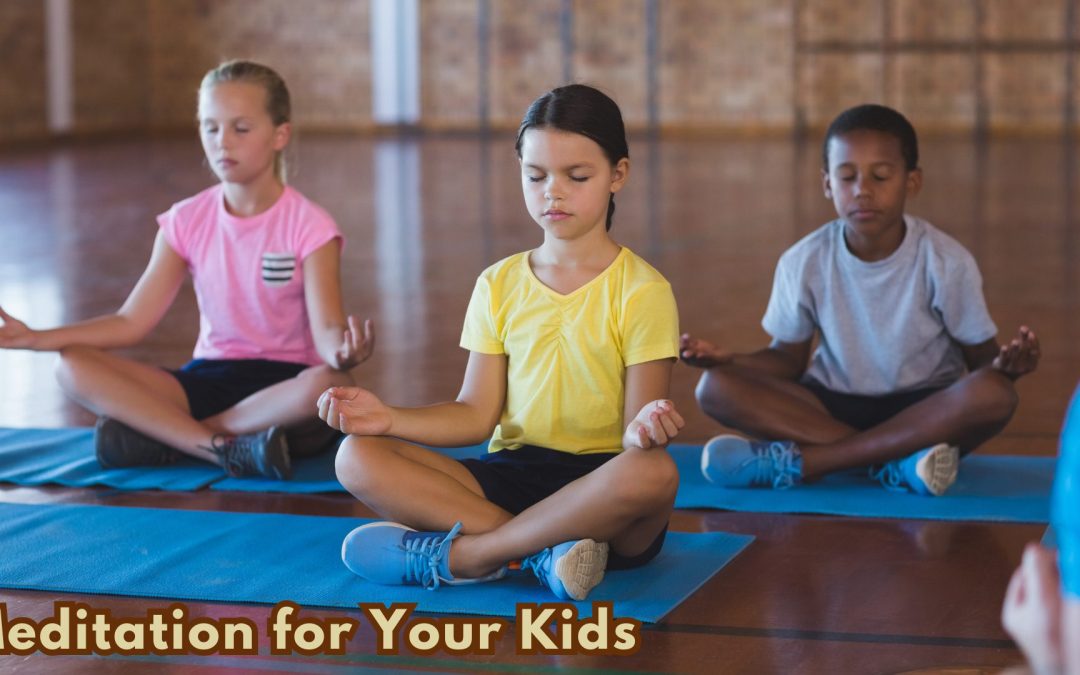Whether your children are feeling the pressures of school, social media, extracurricular activities or getting older, there are a plethora of reasons as to why your kids may feel burned out. Everybody of any age needs a break, and it can be hard for children to know when to take a step back and relax. Meditation or breathing exercises can be a great way for children to maintain and feel their emotions, while also helping to keep them in check when need be.
Feeling feelings
If your child is interested in meditation, be sure to talk with them about what it entails and how they should still feel their emotions. Do not let them assume that breathing exercises or meditation is a form of pushing emotions down, as this can be an unhealthy way of dealing with stresses. Help them to understand that they should feel their feelings, and it is okay to push through them, such as crying when they are upset. These emotions and feelings are valid and should not be ignored or pushed aside. Meditation can instead be a way to feel closer to oneself and how they can better understand where these emotions are coming from.
Start Slow
Make sure to take the exercises slow, and to keep them short. Even if your child is interested in meditation, they probably will not be able to sit still, listen, or shut off their brain for very long. Give them encouragement throughout the process and any ways they can improve or better focus. If they seem to have a hard time shutting their brain off or are getting frustrated in any way, be sure to remind them it takes practice. Give them something to focus on that you can then help them when it comes time to “shut down” the brain.
Or simply show them a few breathing exercises that are quick and easy. These can help them in stressful situations and can be a source of comfort if they are alone at school and unsure how to process their emotions. These breathing exercises can be fast and more “mindless”, such as focusing on their breathing for five or ten seconds, however long it takes to slow their breathing and feel less anxious. Or they can deliberately focus on objects in the room they are occupying if they are feeling nervous or overwhelmed. Focus on a book, a word, even something outside a window to take their mind off of whatever the stressor may be. These exercises and meditation can be a great way for any child of any age help focus their emotions in a positive and safe manner.
Kaite Kyzivat

